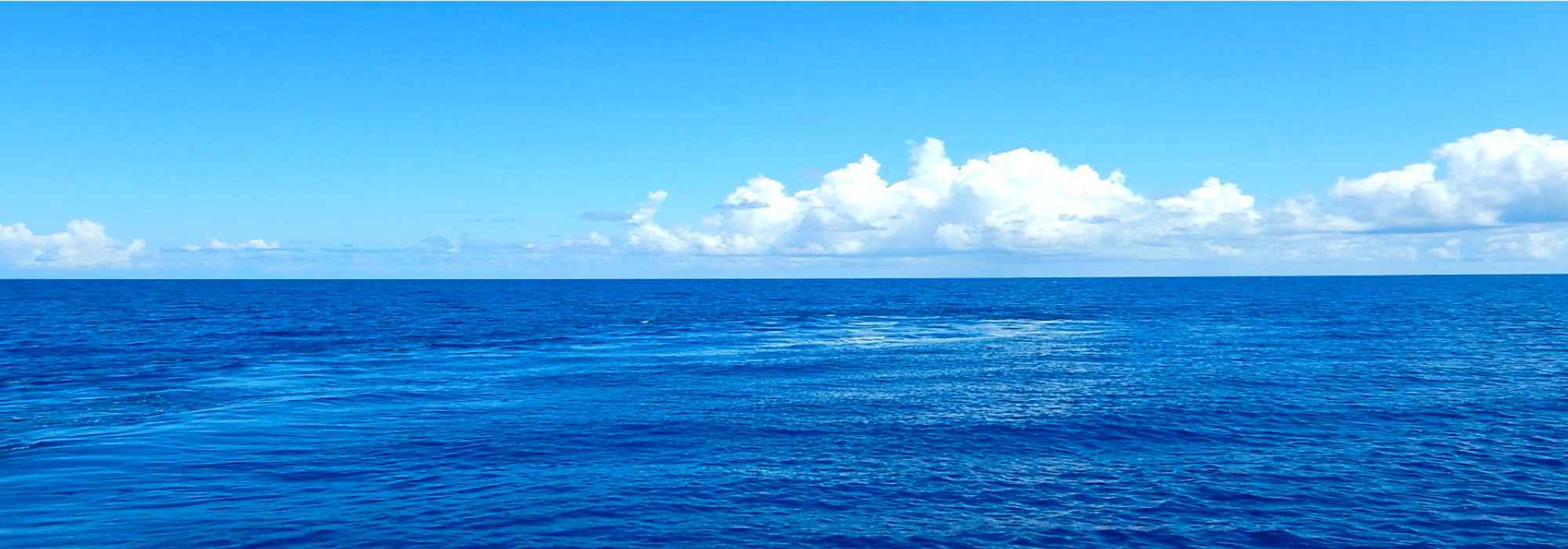Nature of Things, Conditions
148 Entries
Tuvaluan
日本語/English
Notes
valavala
adj.
see-through, transparent, thin enough to be seen through
形
透けて見える,透明な
pakipaki
adj.
brilliant, sparkling, glittering
形
鮮やかな,鮮明な,輝いている
'kena pakipaki: brilliant white.
'kena pakipaki:鮮やかな白.
sae2
v.
appear, reappear
動
現れる,再び現れる
adj.
visible
形
目に見える
lata
adj.
tame
形
飼いならされた
punua
n.
young (animals)
名
(動物の)子ども,仔
punuā
adj.
young, child (animals)
形
子どもの,若い(動物)
punuā moa: chick
punuā moa:ひよこ,雛鳥
